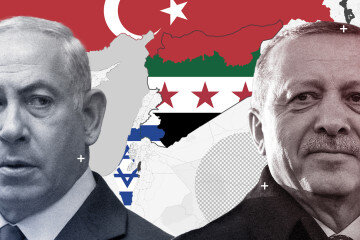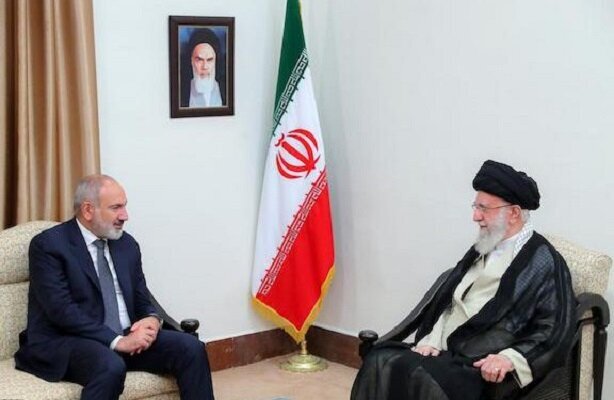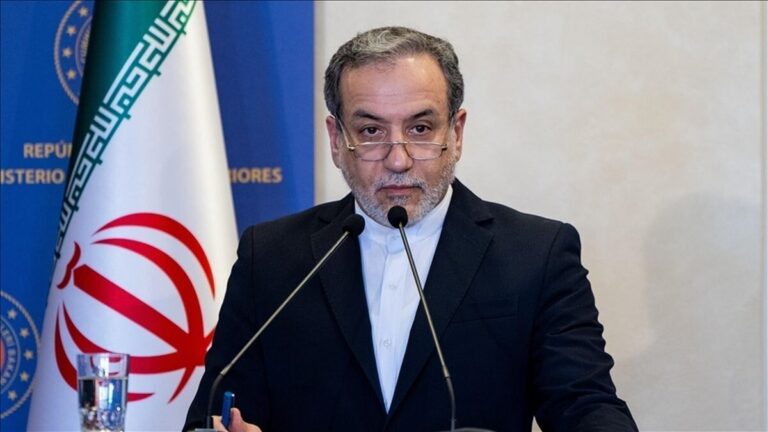Unpacking Washington’s Strategy: Is the U.S. Aiming to Undermine Turkey’s Influence in Syria?
In the ongoing struggle for power in Syria, the geopolitical dynamics are increasingly complex, particularly with Turkey’s ambitions to assert its dominance in the region. This situation has led to a heightened state of tension between Ankara and Tel Aviv, as Israel perceives Turkey’s actions as a direct challenge to its interests.
Recently, Israel has intensified its military operations against Syria, targeting various military installations in key regions such as Hama, Palmyra, Dumayr, and Homs. The primary objective of these assaults appears to be the dismantling of Syria’s military capabilities, which Israel fears could be utilized against it in the future.
However, had the goal been merely to neutralize Syria’s military potential, Israel would have acted decisively following the collapse of Bashar al-Assad’s regime. The delayed attacks suggest deeper logistical and technical considerations, with a significant aspect being the prevention of Turkish military access to these bases, especially the air installations.
Despite Turkey’s foreign policy being predominantly aligned with the trans-Atlantic alliance, Israeli officials express concerns regarding the presence of Turkish military units in northern and central Syria. Such a presence could severely curtail Israel’s operational freedom in the region. An Israeli official recently stated, “By strengthening its military and political presence in northern Syria, Ankara aims to permanently consolidate its influence,” further indicating that Turkish strategies are crafted not only to extend influence but also to challenge Israeli maneuvers in southern Syria.
Israel is particularly wary of any Turkish military footprint in Syria, believing it would afford Ankara significant sway over the Syrian government. This influence has been evident since the beginning of the conflict against Assad’s administration and has continued through al-Jolani’s gains in Syria. Al-Jolani, while not directly threatening to Israel, is viewed as a vital instrument of Turkish influence. Some Israeli officials have even branded him as a “leader of a terrorist organization,” which allows Israel to carry on with its expansionist objectives in southern Syria without taking into account the overtures from al-Jolani seeking a dialogue that respects Israeli interests.
Moreover, the United States is actively attempting to maintain a balance between its two regional allies, Turkey and Israel. Washington has shown support for Ankara’s efforts to expand its influence in northern and central Syria, while simultaneously safeguarding Israeli interests in the southern regions to ensure Syria’s fragmentation. As a result, the U.S. has refrained from lifting sanctions on Syria and has labeled the new regime as “terrorist,” aligning with the Israeli stance.
In a subtle maneuver to counter Turkish ambitions, the U.S. has communicated to Moscow that it is unconcerned with Russia’s military presence in Syria. This move underscores the U.S. commitment to supporting Kurdish forces in the region. The overall geopolitical landscape remains uncertain, and the U.S. position, often marked by contradictions, could potentially provide both Turkey and Israel with enhanced opportunities to fortify their respective influences.
- Turkey’s Ambitions: Turkey is seeking to consolidate its power in northern Syria.
- Israeli Concerns: Israel views this consolidation as a direct threat, fearing a loss of strategic advantages.
- Military Operations: Israel has ramped up military actions against Syrian installations to curb potential threats.
- U.S. Involvement: The U.S. is attempting to balance support between Turkey and Israel while maintaining its interests.
In a recent statement, Turkish Foreign Minister Hakan Fidan warned that Israeli military actions could exacerbate instability across the region, asserting that Syria’s potential agreements with Israel are strictly an internal matter. As the situation evolves, the intricate dance of power between these nations will undoubtedly continue to shape the future of Syria and its surrounding regions.






